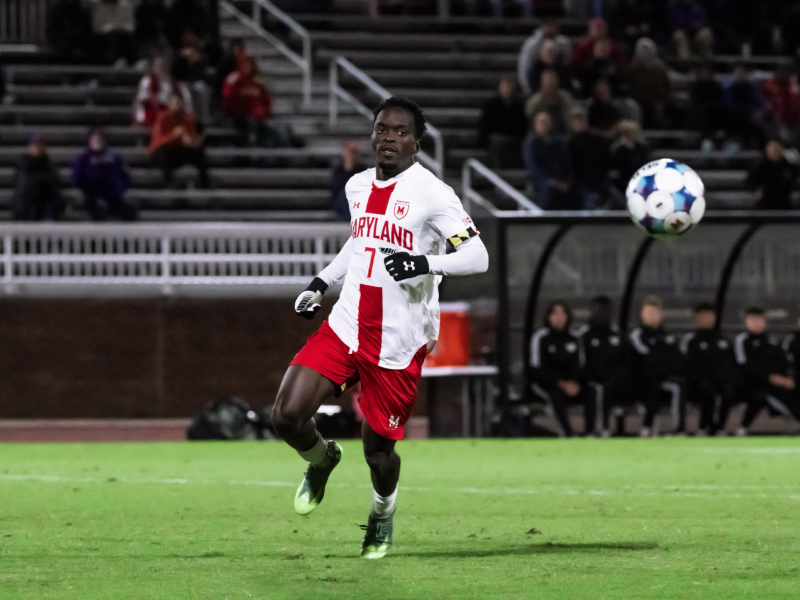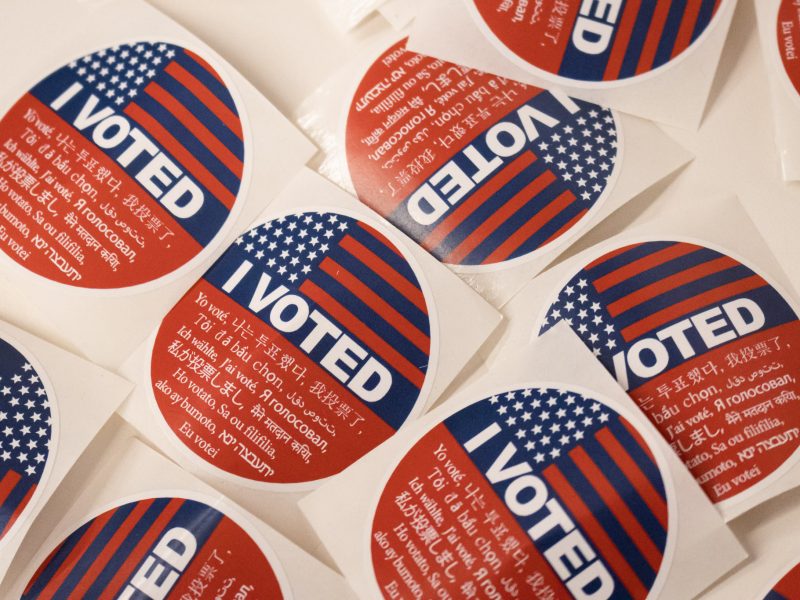
Senior government and politics major
I stopped correcting people for mis-gendering me online almost a decade ago. As a minority with nothing to gain from the attention, I default to becoming a man in anonymous public spaces.
With the explosion of the GamerGate movement online, I’m going to start correcting people again.
Concentrated in the video gaming community, GamerGate started in August with the harassment of indie developer Zoe Quinn. Nathan Grayson, a writer for Kotaku, wrote about a game show on which Quinn was featured shortly before they entered a romantic relationship. Grayson only disclosed his relationship to Steven Totilo, Kotaku’s editor-in-chief, after the public found out. Despite arguments to the contrary, Quinn maintained that attacks against her were launched by women-haters.
We must force gaming reporters into disclosure. If journalists support indie projects, attend review events or donate to developers, they should disclose it. The response: Tracey Lien of Polygon disclosed (and later pulled) that she got free water at a media event.
Anita Sarkeesian, known among gamers for the harassment she faced during the creation of her series Tropes vs. Women in Video Games, then returned to the spotlight. Her latest episode attacks using women as background decoration in games, which I agree is an issue, but it came across as intentionally badly researched. I supported the movement for canning it, because her blind bad-mouthing stood in the way of real rhetoric.
Quinn’s sex life is not the crux of this issue, and Sarkeesian doesn’t deserve to be attacked for anything other than misrepresenting the voice of a minority. The harassment they both faced was wrong. The fallout, in which several female developers decided to leave the industry after online harassment, is the worst outcome and not at all what GamerGate was trying to achieve. But you’d think I’m lying if you believed what the gamer press said next.
Shortly after things got heated, Gamasutra, Destructoid, Kotaku, Ars Technica, Vice and Rock, Paper, Shotgun all published stories in the same one-week period announcing some variant of “gamers are dead.” Gamers (their readers) are obtuse, white, misogynistic men, they explained. Corruption, they said, was just a clever excuse to help men harass women. Women in the movement, Ars Technica stated, were “sockpuppet accounts,” men pretending to be minorities. This obviously came as a shock to me because if I were a puppet, I hope I would notice the insertion of a hand.
The source of the united publication front became clear when emails were leaked from various publications discussing a “feel better” gift for Quinn and killing the stories. In the emails, Jason Schreier of Kotaku asked not to be involved, saying Quinn’s public shaming “has raised enough questions about the incestuous relationship between press and developers already.”
However, by then, nothing could have convinced people that I was not a misogynist. Ricky Camilleri of The Huffington Post fixated multiple interviews on misogyny and harassment related to GamerGate, even wasting a full half hour with Georgina Young of Gamesided, YouTuber Jennie Bharaj and Jemma Morgan, making these female gamers jump through hoops to defend GamerGate as a pro-women movement. Joy-Ann Reid, reporting on GamerGate for MSNBC on Oct. 13, straight up asked a guest “why these male gamers are so angry.”
I’m a female gamer, and I’m angry. I’m not a shield that bad reporters can hide behind. I don’t support harassment. I don’t believe journalists answer to a god of ethics, but they sure answer to their readers, and despite our marginalized status, gamers are not the drooling cavemen reporters think we are. My demands are simple: Disclose your garbage, stop taking bribes and stop dumping on minorities.
In the meantime, I’ll start telling people “I’m a she!”
Emma Atlas is a senior government and politics major. She can be reached at eatlasdbk@gmail.com.



